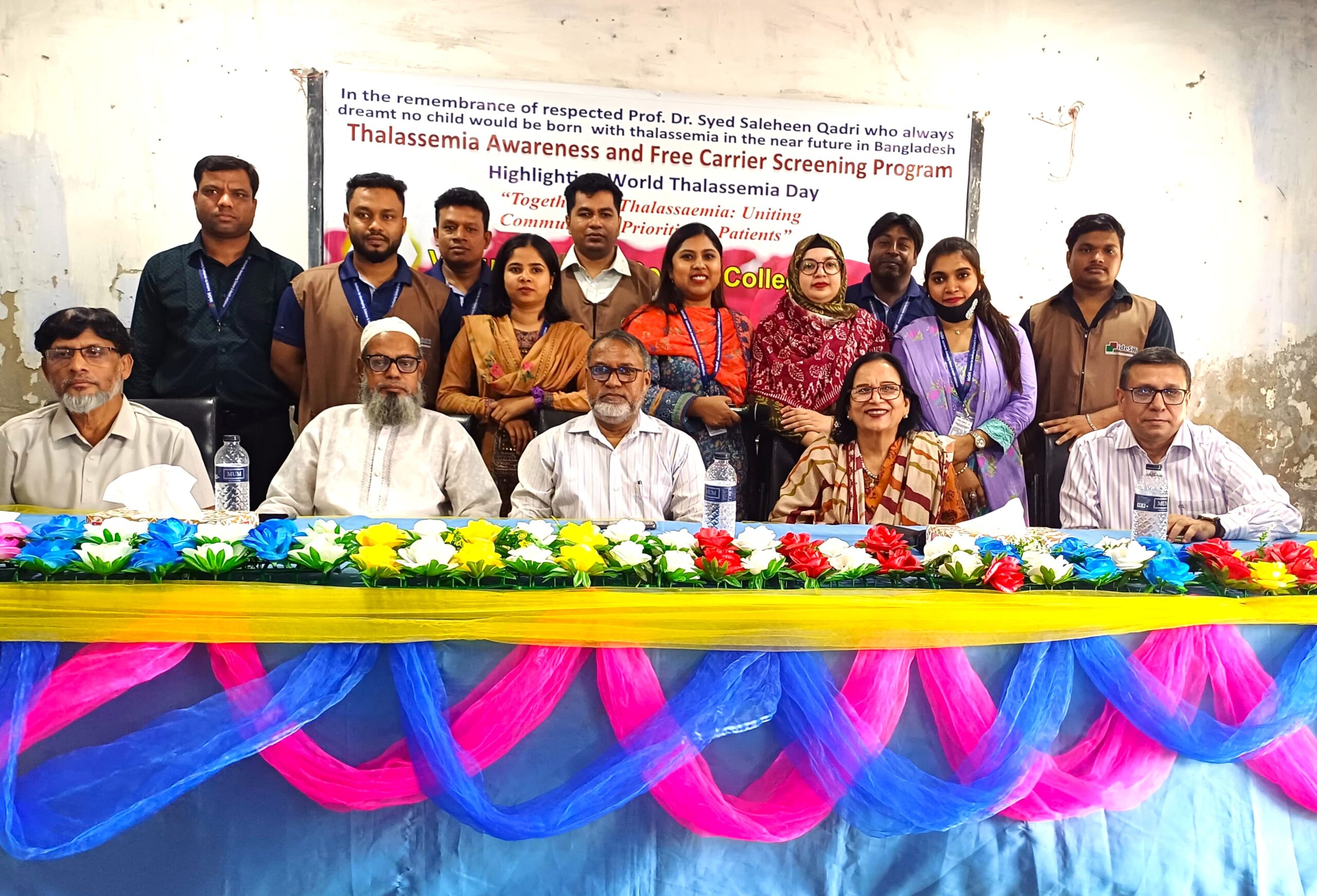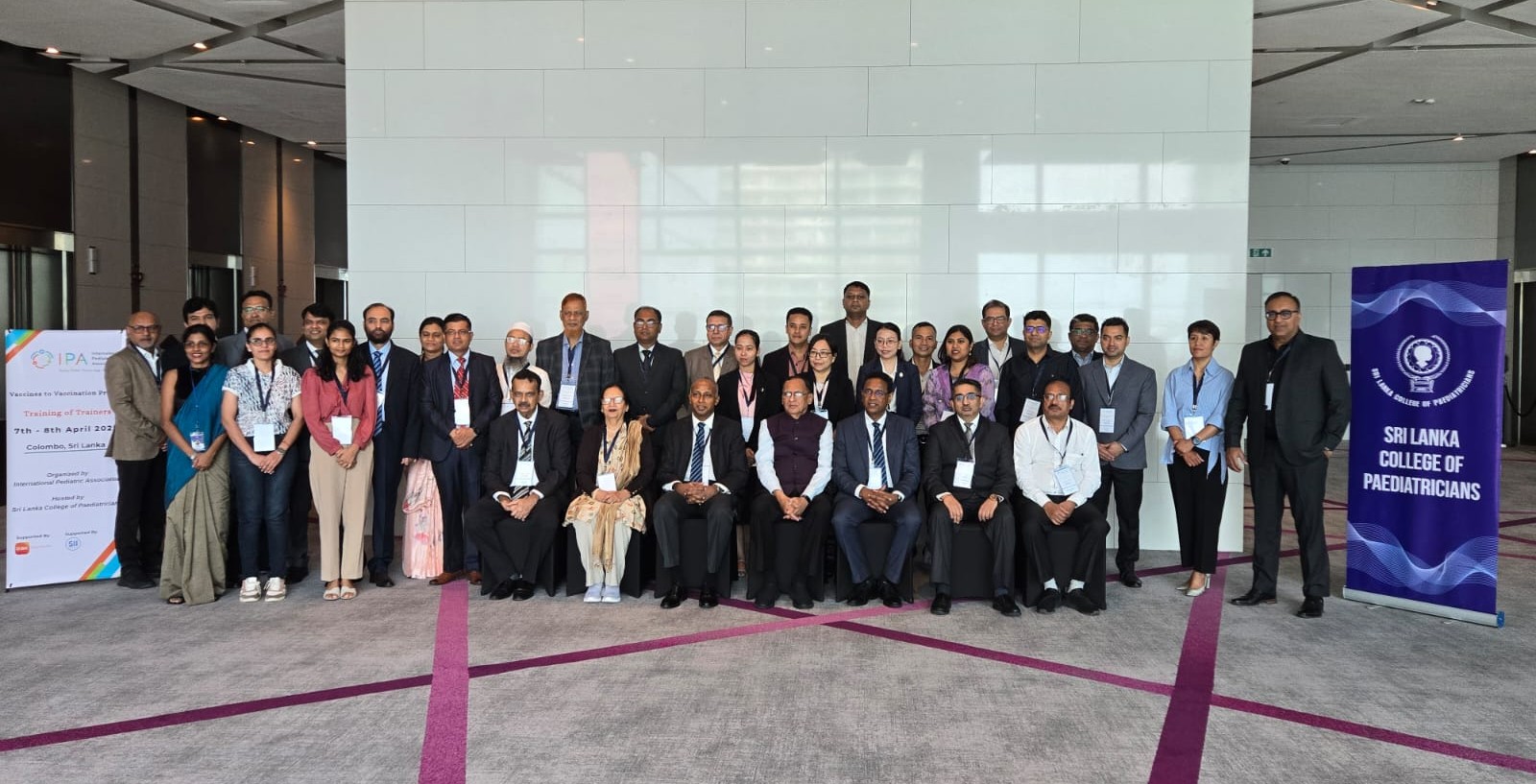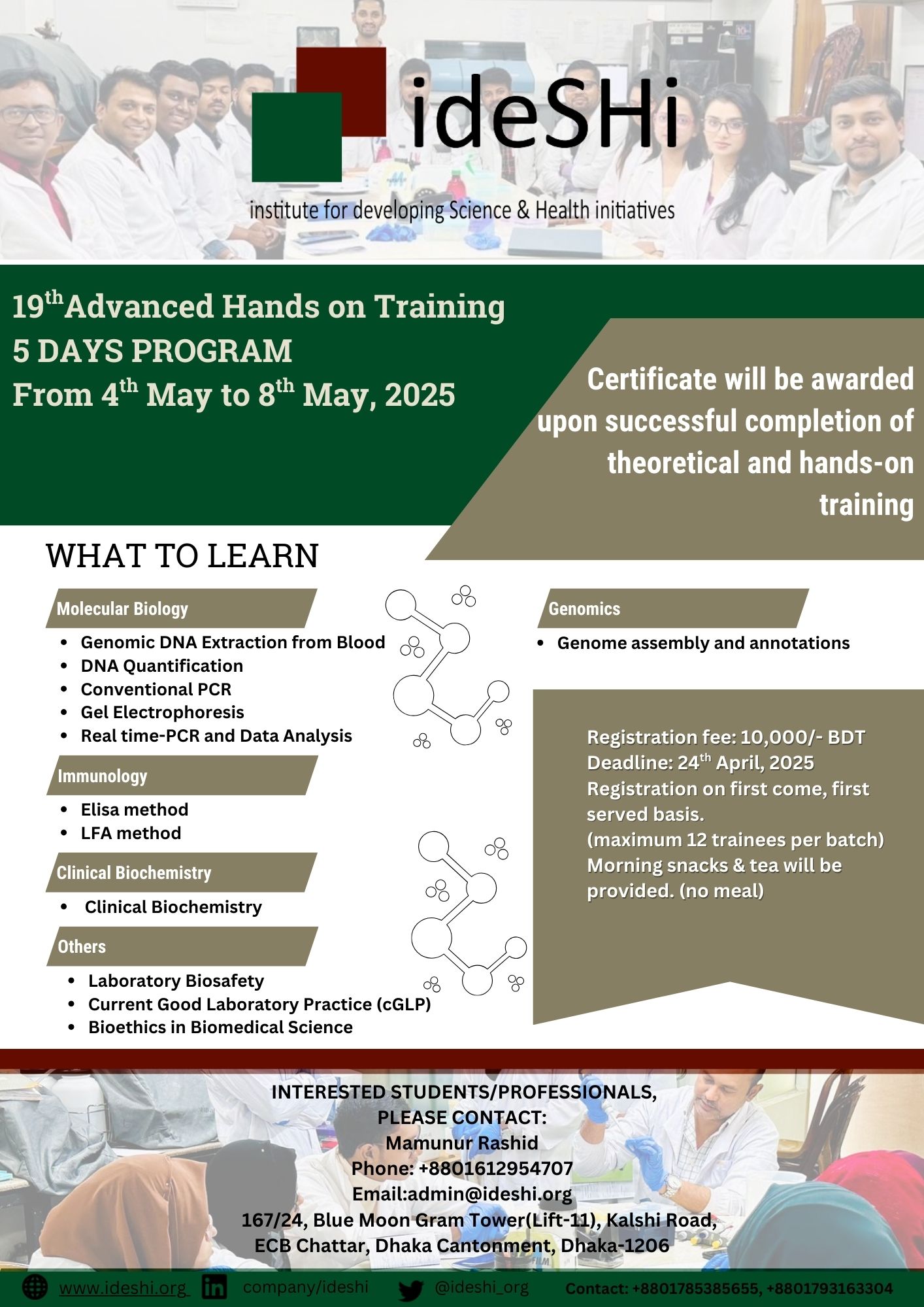Program Lead
Abu Bakar Siddik, Anika Tahsin
Our Approach
Our approach delves into the multifaceted landscape of dengue fever during an outbreak in Bangladesh. We seek to understand the nuances of the disease’s clinical spectrum by describing the role of dengue serotypes (serotype-specific genotypes) and immunological parameters.
To investigate the variables affecting the clinical outcomes of dengue infection, this method combines serological testing, immune profiling, clinical data analysis, and virus genomic characterization. By doing this, we hope to shed light on the subtleties of dengue fever during this outbreak in Bangladesh and eventually lead to better treatments, diagnosis, and preventative measures.
Partners
IEDCR, icddr,b and ideSHi
Research Goals
This research project’s main objective is to clarify the complex relationships between dengue serotype specific genotype and immunological parameters, as well as how these relationships relate to the clinical spectrum of dengue fever during an outbreak in Bangladesh.
Context
Dengue fever, a viral infection spread by mosquitos, has cast a long shadow over many countries, including Bangladesh. Comprehending the clinical spectrum of dengue is crucial given the recent surge in cases of the disease. The virus presents itself in four different serotypes, and the way these serotypes interact with immunological parameters determines how the virus behaves clinically. Therefore, investigating the intricate interactions among dengue serotypes, immune responses, and the disease’s clinical presentation is crucial to creating successful preventative and therapeutic approaches like vaccination.
Impact
It provides a more thorough understanding of the clinical spectrum of dengue fever and the variables influencing its severity, enabling early identification and focused interventions.






